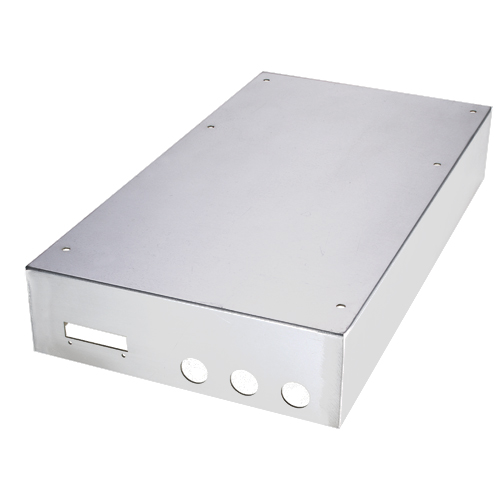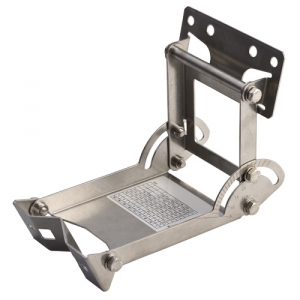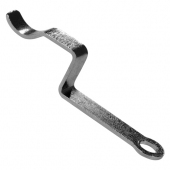CNC bending and edging
G.W.P. AG manufactures small batches of complex sheet metal components based on drawings by edging and bending. Bent parts can be manufactured with up to 20 edges at different angles and directions per component. We do not produce large batches of bent parts on fully-automated bending lines.



Services
Advanced CNC-controlled folding presses and press brakes are used to manufacture sheet metal parts with pressures up to 2,000 tons. We process all conventional types of aluminum, steel, zinc or copper sheet stock in thicknesses of 0.5 - 3 mm (up to 8 mm in certain cases). We manufacture sheet metal parts according to your specifications in accordance with DIN ISO 2768.
Cost-optimized bending dies
Our experience in tooling allows us to manufacture highly-precise, scratch-free sheet metal components. We manufacture precise special dies for cost-optimized bending and folding in small batches. Collaboration with G.W.P. can be worthwhile for you, particularly when you regularly need new sheet metal bent parts. The low cost of the folding and bending dies substantially reduces your investment risk. To optimize the cost of manufacturing, customers should first ensure that the design of the sheet metal bent parts is correct. Take advantage of our consultation services and exploit cost minimization potential!
See also:
Edging sheet metal
Sheet metal is bent in a cold-forming process to produce offset or stepped edges. G.W.P.'s folding press dies use the swivel bending method. CNC-controlled brake presses can accommodate small tolerances in sheet metal thicknesses and consistently maintain the angle. By using special folding press dies, a variety of bending radii and upturns can be created depending on the sheet metal material.
Bending sheet metal
In the bending process, the sheet metal workpiece is pressed by a punch into the die until the desired bending angle in achieved. Different bending procedures are used depending on the design requirements of the bent part. Free bending generally uses standard dies in a path-dependent process to bend at angles of 30 to 180 degrees. In free bending, the angle is not as precise as other methods because the workpiece leg springs back. To produce angles with a deviation of +/- 0.3 degrees, G.W.P. uses coining in which the punch presses the sheet metal into the die to produce a conforming fit. For coining or press-brake bending, an independent die set must be created for each angle. We use coining particular for highly precise sheet metal parts with small bending radii. Coining is also suitable for shaping beads, pockets, louvers, or hinge rolls. To bend sharp edges at sharp angles in sheet metal, folding is use that for example is employed as edging.
